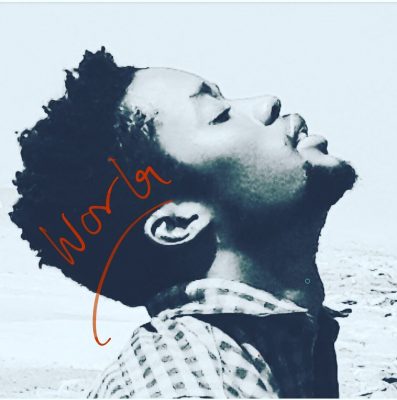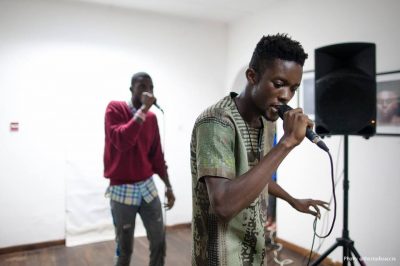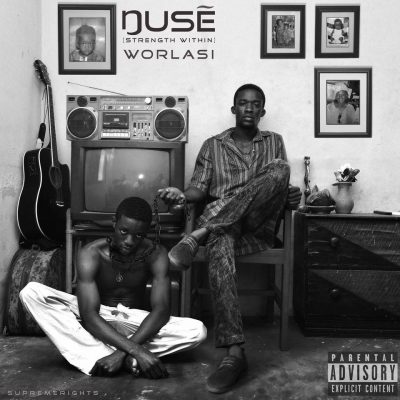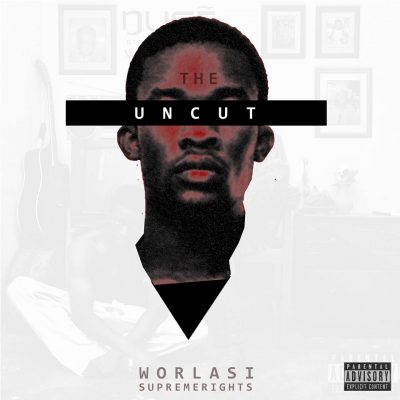By
Nana Arhin Tsiwah
This is something I have been wanting to write for the past two weeks. It’s about the music industry in Ghana and the crop of artistes and music players evolving in recent and a few past years. I have been following keenly the twists and game-monkisms that keep hitting the music scene. For the purposes of this write-up, it is about music essence and not necessarily the unnecessary music hype and dosage churning of chronic musicals or musicians.
As a Pan-Africanist and a believer in the theoretical and practical conceptual gauge markings of what should be our contributions to the true African agenda, I believe there are a host of rots spewing gibberish lyrics into the innocent ears of listeners. I am not an apathetic subscriber and ascriber of anything ‘music’— just a beat and rhythm slogans! But an assiduous music consumer who cares less about what the party ladies and club boys want.
Music just like poetry is medicinal. It is more of relevance to the senses than we imagine. Music has its smell, beauty, taste, visualiser and of everything that leaves it’s worth into the heart of legacies. The human anatomical system is filed in such a way that it is perceptible to adaptations to the things the ears get to hold on to. It is metaphorically an intense consumer of the things it comes into contact with— that is why profanity and gimmickries in lyrical compositions have tremendous ramifications to both the psychological and physiological compartmental functioning of the listener. Creativity is a positive earmarked sojourn. It’s fluidity can have drastic effects on those who are directly and indirectly affected by its power. The creative-life in music and in any work of arts spans over decades of years be it negative or positive before it dies.
These days, it has become a commonality syndrome for any person to just rise without any proper intellectual scrutiny of what they compose to churn it out to the consumer. The soul of music has been ignored. It has been buried into the mundane earthlings of premature lyrical dexterity. Sometimes, it becomes torrential and hauntingly a mistake listening to some artistes who without proper conduct of reasonings release tracks here and there for the sake of fame and attracting porous media gun salutations.
After months of diligent intellectual mastication and consumption of the music and creative works of Worlasi, I am satisfied and fortified on a whole and in so many dimensions that beats the norm of mere listenership. African music, be it rap, jazz, high-life or whatever genre, must be tilted towards an obvious truth of what the African was, is and would be. It is a potent mirror for reflecting into the past, speaking of the present and prognosticating into the future. We cannot, thus, forget in any measure its linguistical intricacies. African music can be first said or viewed to be more of essence than commercialism. It is more of the people, culture, than just sounds. It is more of spirituality than proliferation. It is more of linguistics than jump-cut words, etc.
Anything beyond the proper compositions of the African song makes it not only a hoot at the truth surrounding the people but a loose talk at any conscientious gathering. What I have learnt and realised with both Worlasi’s Albums (Nuse and The Uncut) is first of Essence. Essentially, one is drawn more to his mindset, persona and what he wants to tell the world about his people, Africa, than for mere viral-forage. The introductory poetry floating gently on a sea of beats on his first album, Nuse, is spiritual and cosmic. Tracks like Focus, Possible, Black Man and Someday tell of Africa’s journey which is almost a cyclic posterity showdown. The Nuse album, which I call it— a work in progression—fundamentally does not only expire within days upon listening but one that keeps informing, and reforming the shadeliness of African life. After weeks of listening to his second album, The Uncut, I felt a growing African man of true originality. His understanding of the folkliness of the Ewe people is one that reminds me more of the late Ghanaian-African Poet, the eminent, Professor Kofi Awoonor Williams. He makes you believe in the essence behind Awoonor’s “The Cathedral“. Tracks like Satan, River, Okada and Cartoon not only go a long way to confirm an infusion of the African poetics in his lyrical composition, but leave you in the pool of piloerection. He leaves you at the bank of a naked river, whispering to yourself of the amazing artist at work.
It may be true to say that his Supreme Rights, have not made the best of turns to highly commercialise his works, but for me as a conscious listener and believer of everything positively African, the essence at which he has begun this quest is more inspiring than anything else. It would be true to say that an empty sack has no feet to survive. But what is survival after all if one cannot leave a poignant, well emulating and purposeful legacy when the songs of death see his exit? The African life and its consciousness have never thrived on meaningless quest. It has however, partnered itself to surviving on essence(ism), despite years of robust colonial sabotage and machinations.
I personally believe, that a new focus and dimensional introspection must be sought by all concerned individuals within the heart of our music industry and the arts at large. A dimension that would seek to reposition a retrospective lense at policy and decision making aimed at reviving the arts industry on the continent— or something that is rewarding in itself for the continued survival of the phenomenal young artistes and artists availing themselves to representing the ‘all-we’ in their works. I think it is high time these music players and media refocus their attention on this Great Artiste and Legend in the making, Worlasi.






No Comments Yet!
You can be first to comment this post!